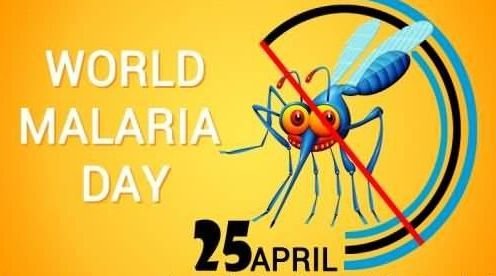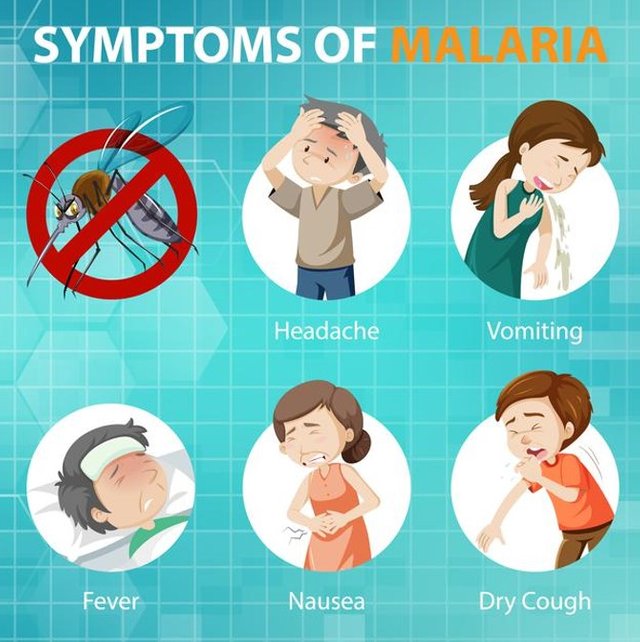
World Malaria Day, a yearly observance, held on April 25 to bring issues to light of the worldwide work to control and at last kill intestinal sickness. World Malaria Day, which was first held in 2008, was created from Africa Malaria Day, an occasion that has been seen starting around 2001 by African states. The recognition filled in as a chance to survey progress toward objectives pointed toward controlling jungle fever and diminishing its mortality in African nations. In 2007, at the 60th meeting of the World Health Assembly (a gathering supported by the World Health Organization [WHO]), it was recommended that Africa Malaria Day be changed to World Malaria Day to perceive the presence of jungle fever in nations overall and to carry more prominent attention to the worldwide battle against the disease.Malaria exists in excess of 100 nations around the world, and exactly 900,000 individuals pass on from the sickness every year. Notwithstanding, intestinal sickness is preventable with the utilization of prescriptions and other prudent steps. For example, insect spray treated bed nets and indoor insect spray showering. On the primary World Malaria Day, the secretary-general of the United Nations, Ban Ki-moon, stressed the need to expand the accessibility of bed nets, meds, general wellbeing offices, and prepared wellbeing laborers to individuals in regions of the world impacted by intestinal sickness. Boycott tested worldwide drive programs, like the Bill and Melinda Gates Foundation, the Roll Back Malaria Partnership, and the Global Fund for AIDS, Tuberculosis, and Malaria, by expressing that he anticipated that such widespread access should be set up toward the end of 2010.Ban's call for activity incited the development of the Global Malaria Action Plan (GMAP), a forceful brought together technique intended to lessen the occurrence of intestinal sickness around the world. The three parts of this methodology are control, end, and examination. Examination to foster new medications and new ways to deal with anticipation is central to endeavors focused on first controlling and afterward wiping out intestinal sickness from regions seriously impacted by the illness. The drawn out objective of the arrangement was worldwide annihilation of sickness by 2015. Be that as it may, progress toward this objective eased back essentially as a result of deficient financing and medical care, especially in challenging to-arrive at regions, which had the most elevated extent of cases. By 2019, pollution rates in places with the best jungle fever problems remain to a great extent unaltered, and an examination of worldwide patterns in intestinal sickness frequency proposed that annihilation could be accomplished by 2050.

As well as uniting worldwide offices and exploration establishments to examine the advancement of the GMAP, World Malaria Day likewise furnishes wellbeing associations and researchers with a chance to impart data about the sickness and about ebb and flow research endeavors to general society. This is achieved through open instructive projects, noble cause occasions, and other local area exercises.